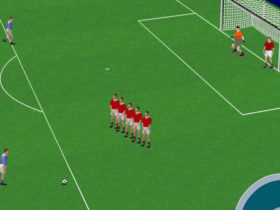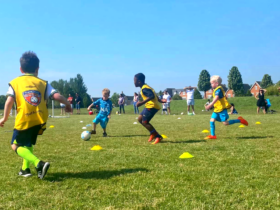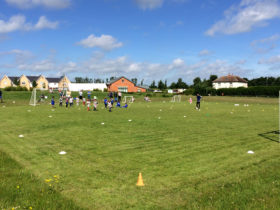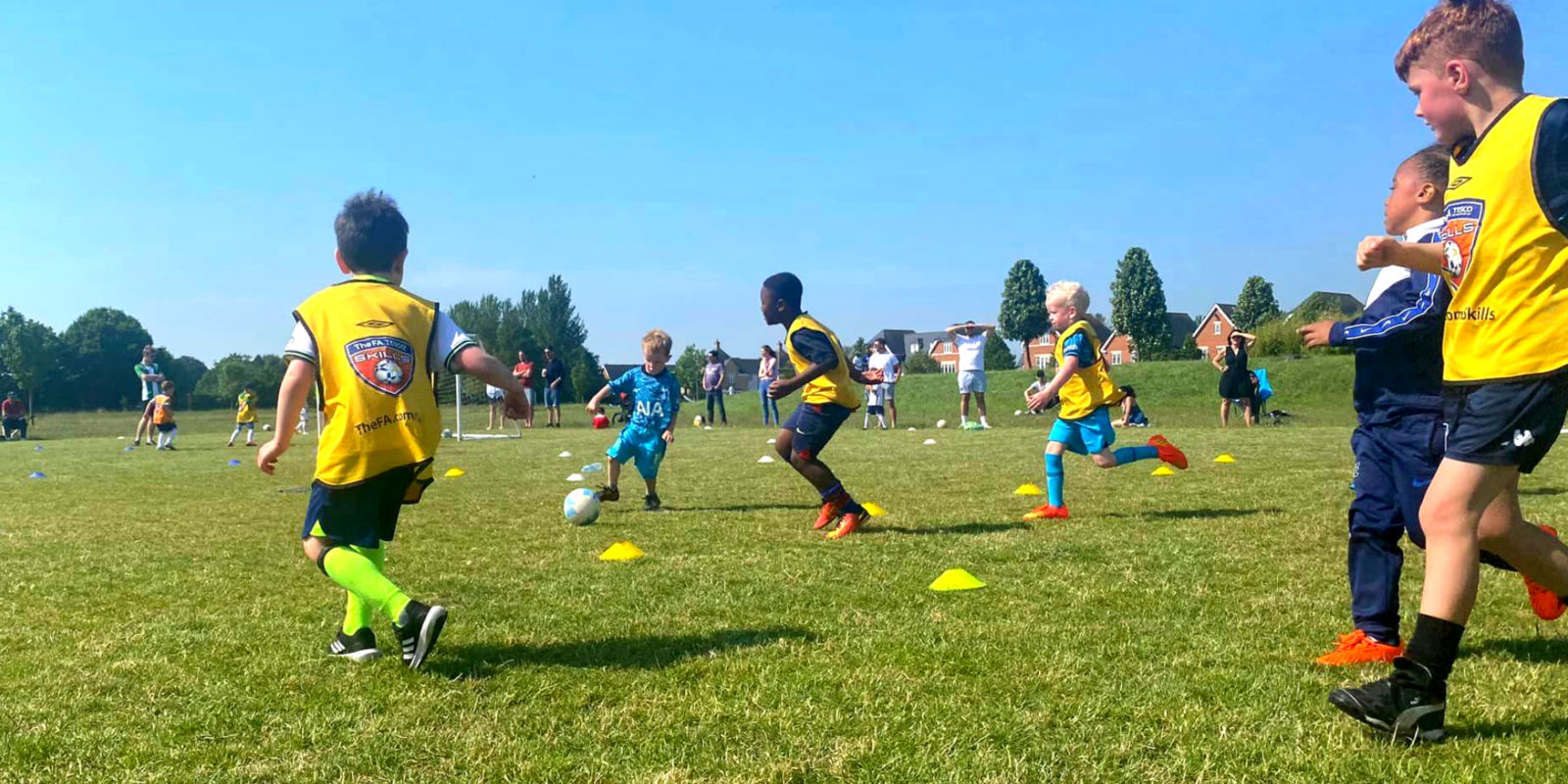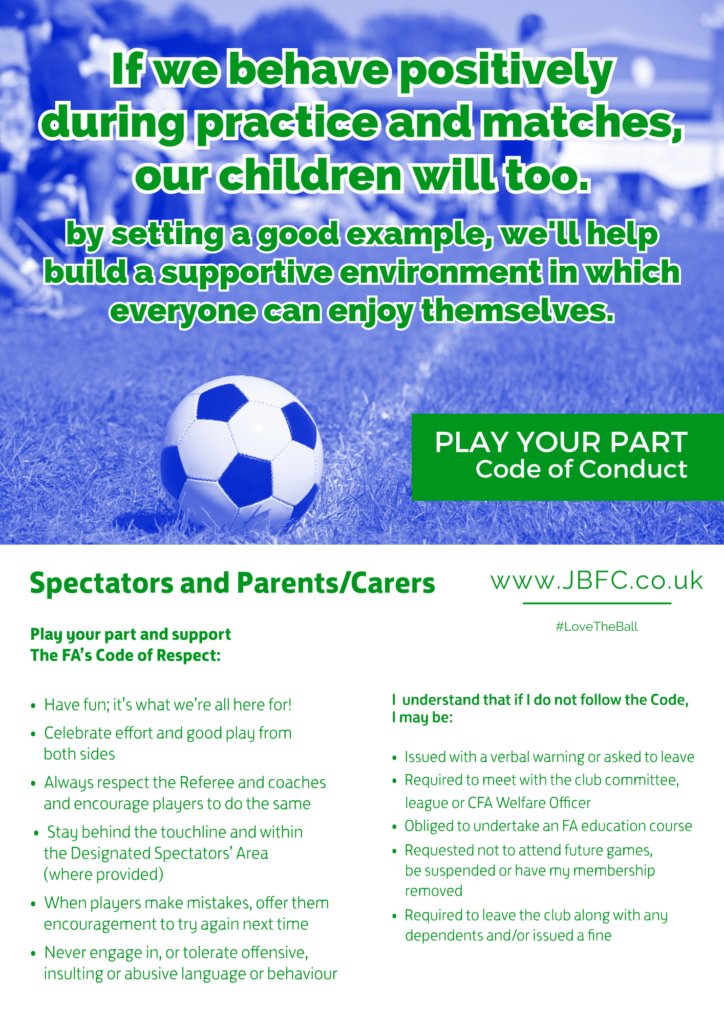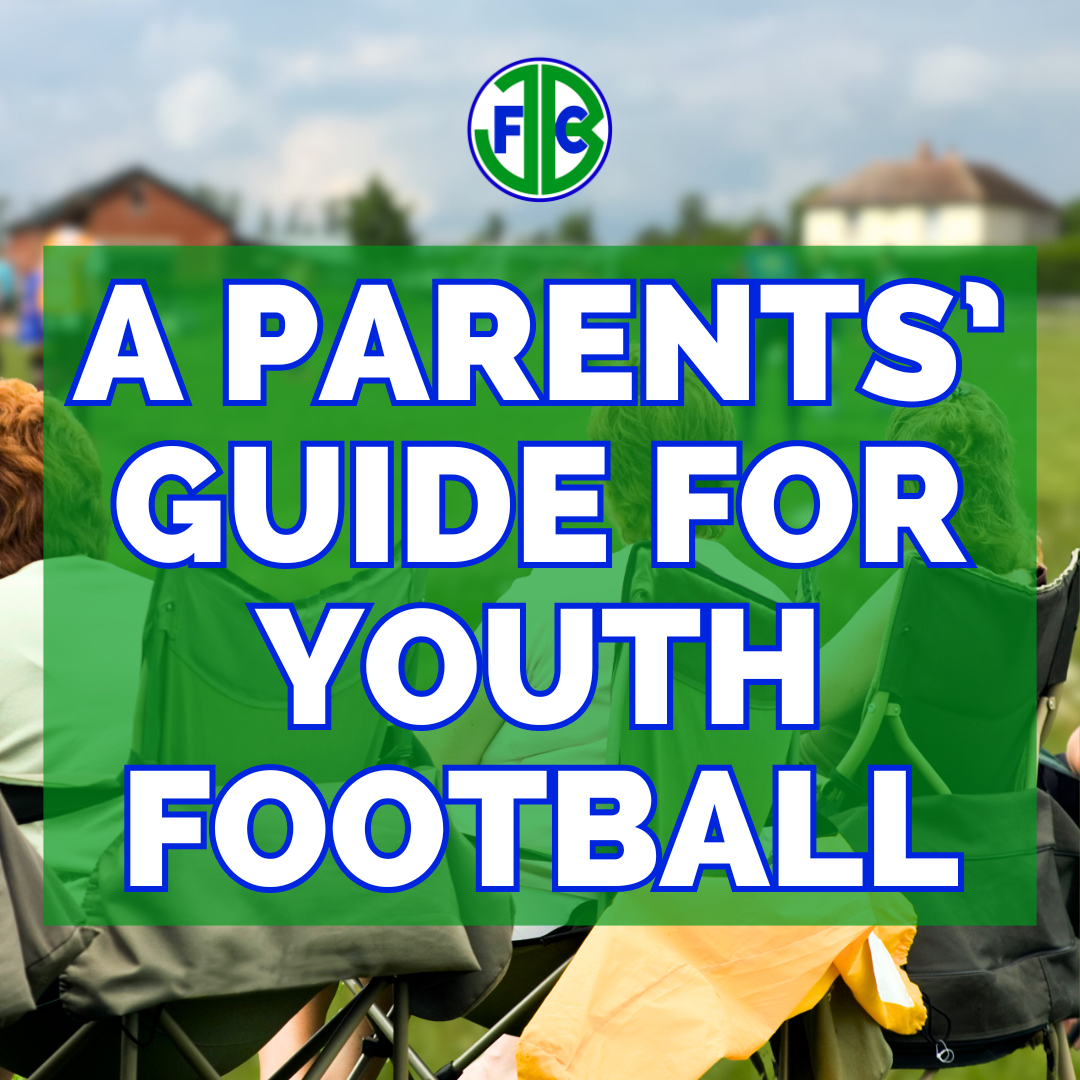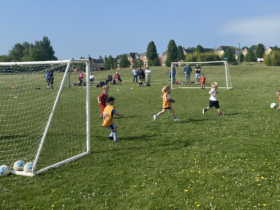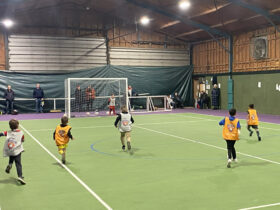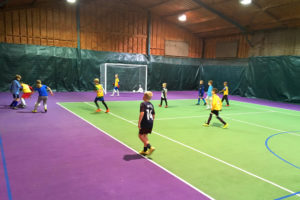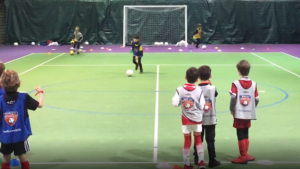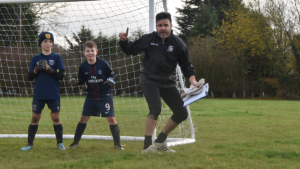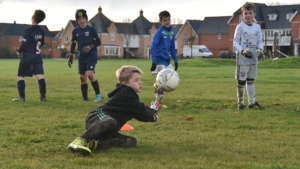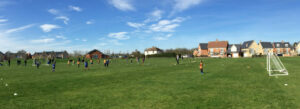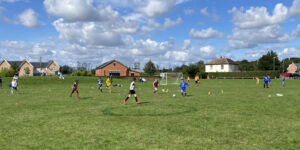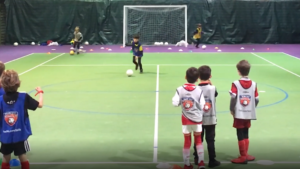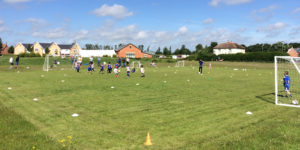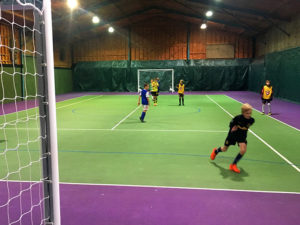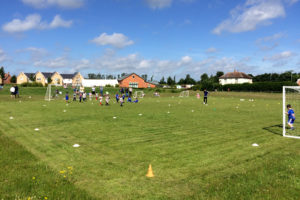Parents play a crucial role in supporting a child’s development and enjoyment of youth football.
The game can bring so much fun and will play a huge part in a child’s life, so helping them enjoy and love the game is a big, but fulfilling job for a parent.
To give you some ideas around how parents can be a positive influence on their children, here’s our guide offering some top tips to support your child’s enjoyment of the game.

Emphasise Development And Enjoyment: The primary goal of youth football is to help children develop their skills and enjoy the game. Parents should encourage their child to have fun, learn from both successes and failures, and celebrate their progress. Avoid placing excessive pressure on winning or achieving immediate results.
Be Supportive From The Sidelines: During matches, provide positive and supportive feedback to your child. Cheer for their efforts and applaud good plays. Avoid being overly critical or shouting instructions, as this may distract and confuse them, taking away their enjoying the game. Shouting from the sidelines can also be off-putting to other children, especially young children.
Children Are Not Small Adults: Remember, just because you might know what ‘play it down the line’ or ‘close him down’ might mean, kids may not. They are not small adults, so parents should communicate with kids as such, and not expect them to know or do everything that an adult – or a professional player – might do.
Avoid Being Pushy And Aggressive: It’s essential to strike a balance between supporting your child and being overly pushy. Parents should let them set their goals and pace of development. Avoid pressuring them to excel or comparing them to other players. Allow them to enjoy the game at their own pace.
The Right Environment/Club: Not all football teams, clubs or coaching sessions are the same, which is great – as not all children are the same and they don’t all want the same from their football experience. Parents should ensure their children are participating in the game in the right environment for them. If they just want to play for fun, let them. If they want to play matches, find a team that suits them, their levels and their aims – not yours.
Coaches Are Often Parents Or Volunteers: Appreciating the people who are coaching your child is important, as they will most likely be volunteers and doing it because of their own child in the team. They can also make mistakes – even the best coaches can – so be patient and supportive. On the other hand, they can also be overzealous in their enthusiasm and emotions on the sidelines, which may not always be beneficial to the development of the players. Having positive and open communication between parents and coaches is the best way to ensure that everyone understands each others aims, beliefs and philosophies around the development of the children – which MUST ALWAYS be at the heart of youth football.
What Are Their Aims?: Why does your child want to play football? Often, a child’s reasons for playing the game might surprise their parents, so it’s important you understand what they are. Talk to them, find out why they want to play, what they want to get from the game and how they would like you to support them with that.
Respect Referees and Players: Show respect to referees and players by refraining from shouting, arguing, or criticising their decisions. Teach your child to respect authority figures and embrace fair play, leading by example in your own behaviour.
Encourage Good Sportsmanship: Emphasise the importance of fair play, respect, and good sportsmanship. Teach your child to shake hands with opponents after matches, congratulate teammates, and accept both victory and defeat with grace.

Foster A Team Mentality: Help your child understand the value of teamwork and cooperation. Encourage them to support and communicate positively with their teammates. Highlight the significance of working together to achieve common goals.
Praise Effort And Improvement: Acknowledge your child’s efforts and improvements, regardless of the match outcome. Focus on their commitment, dedication, and hard work. Celebrate their personal milestones and achievements, fostering a growth mindset. Remember, losing is an inevitability in sport, so helping children to see the bigger picture is key.
Expect Mistakes: As a legendary coach once said: “If you are not making mistakes, you are not trying hard enough.” Mistakes are inevitable in football, no one tries to make mistakes, especially children, so help them to use the mistakes them might make to develop and learn from.
Provide Constructive Feedback: When discussing the child’s performance, parents should offer constructive feedback in a positive manner. Focus on specific aspects they can work on, while also highlighting what they did well. Encourage them to learn from their mistakes and continuously improve.
Youth Football Is Not Adults Football: When watching teams like Barcelona or Manchester City, you might see an attractive style of football that brings successful results at the top end of the game. That’s the ultimate goal for any team, no doubt, but remember where your child and their team is in their development. Young players may be focusing on developing the individual fundamentals, like running, jumping, dribbling with the ball, turning, so don’t expect them to play a passing ‘tiki-taka’ style of football. Appreciating what stage of their development they are at, and how their coach is trying to help them grow, will enable you to support their journey more effectively.
Promote Balanced Development: Encourage your child to engage in a variety of physical activities and sports, rather than solely focusing on football. This helps develop overall athleticism, prevents burnout, and ensures a well-rounded approach to their physical and mental well-being.

Invest In Appropriate Equipment: Ensure your child has the appropriate equipment, including comfortable footwear (boots or trainers) and kit appropriate to the conditions and the pitch, as well as shin guards. Additionally, an ball appropriate sized ball for practicing in the garden or at the park, enabling them to improve their skills. Recommended ball sizes by age are: Size 2 – Under-5, Size 3 – Under-7 to Under-10, Size 4 – Under-11 to Under-14, Size 5 – Under-15 to Adult Football.
Support Rest and Recovery: Recognise the importance of rest and recovery in your child’s football journey. Encourage them to get sufficient sleep and rest between training sessions and matches. This will help prevent injuries and maintain their enthusiasm for the game.
Be An Encouraging Soccer Parent: Above all, be a positive and encouraging presence for your child. Attend their matches and training sessions, show interest in their experiences, and offer words of encouragement. Your support and belief in them will go a long way in their enjoyment and development as a football player.
Share Football As An Interest: Having the same interests as your children can bring great fulfilment as a parent, and while you may never have played football yourself, or even followed the game before, sharing an interest in the game together will a great way to bond. Watch games on TV together, or even get out to watch live football – whether thats professional on non-league level. Playing games in the garden, maybe on the computer, or perhaps fantasy league, will bring you together to enjoy the game more.
Remember – It’s About Them, Not You: Children will naturally want to impress their parents, and how you engage with them will have a big impact on how they approach the game.
It’s important, though, that they play the game for themselves, not for others, and take away from the world’s greatest sport exactly what they hope for.
We hope these tips help you and give you food for thought as you support your child through their youth football journey.
Focus on their development, create a positive environment, promote fair play, and provide the necessary support to enable them to achieve what they want to from the game.
If in doubt – ask them what they want!
If you’d like more information, the FA has produced a Respect Code of Conduct for Parents and Spectators, which can be downloaded here…
Good luck and enjoy the beautiful game!



